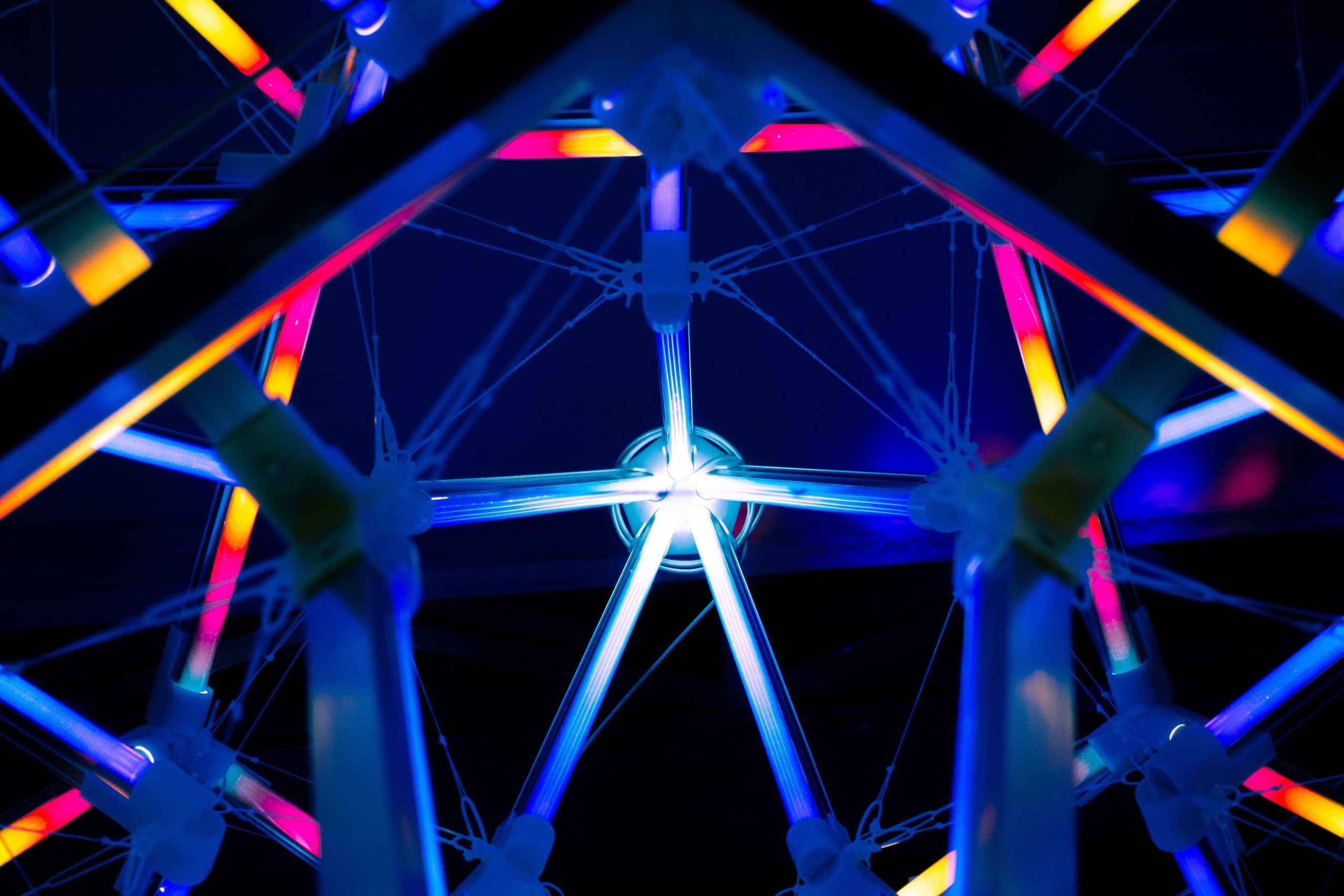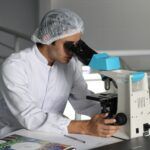As part of the recently funded Marie Skłodowska-Curie Actions Training Network Quantum information science and Ultrafast nonlinear coherent control at the ATTOsecond timescale (QU-ATTO) funded by the European Union’s Horizon Europe research and innovation program, we are excited to offer a PhD position titled “Novel Attosecond Metrology Approaches for Free-Electron Lasers.”
The QU-ATTO network provides a comprehensive training program designed to develop the next generation of researchers in quantum information science and attosecond technology. PhD candidates within the network will benefit from a wide range of training activities, including webinars, scientific courses, and research-specific training modules offered by QU-ATTO partners.
The research group of Prof. Sansone has demonstrated the generation of attosecond pulses using the seeded free-electron laser FERMI along with the ability to shape the amplitude and phases of these pulses. Furthermore, the group developed a novel shot-to-shot timing tool using a Correlation Based Reconstruction of Attosecond pulses (CoBRA) and performed two-color photoionization measurements in spite of the stochastic relative phase of the two fields. This novel approach lead to the observation of quantum interference and coherent control in noble gases with attosecond precision.
- Duties of the position
The PhD candidate will focus on advancingattosecond metrology schemes and extending their application in solid-state samples. This includes developing numerical codes to characterize the temporal structure of attosecond wavefronts by implementing covariance map analysis for cross-correlation experiments that combine XUV attosecond waveforms with infrared fields.
Further information:
P.K. Maroju et al., Nature 578, 386 (2020).
P.K Maroju et al., Nature Photonics 17, 1 (2023).
- Required selection criteria
Doctoral Candidates: Supported researchers must be doctoral candidates, i.e. not already in possession of a doctoral degree at the date of the recruitment. Researchers who have successfully defended their doctoral thesis but who have not yet formally been awarded the doctoral degree will not be considered eligible.
Mobility Rule: Researchers must not have resided or carried out their main activity (work, studies, etc.) in the country of the recruiting beneficiary for more than 12 months in the 36 months immediately before their date of recruitment. Compulsory national service, short stays such as holidays, and time spent as part of a procedure for obtaining refugee status under the Geneva Convention are not taken into account. For international European research organisations, international organisations, or entities created under Union law, recruited researchers must not have spent more than 12 months in the 36 months immediately before their date of recruitment in the same appointing organisation. Note that the mobility rule applies to the (first) beneficiary where the researcher is recruited. In case of multiple recruitments, the mobility rule only applies to the first recruitment.
Date of Recruitment means the first day of the employment of the researcher for the purposes of the action (i.e. the starting date indicated in the employment contract or equivalent direct contract).
- Benefits
The gross amount salary will be composed by a monthly living allowance: (€ 3,400 / month adjusted through the application of a correction coefficient for the cost of living of the hosting country) and a mobility allowance (€ 600 / month). Depending on the researcher’s family situation at the recruitment date also a family allowance (€ 660 / month) could be paid.
- Organisation/Company –Albert-Ludwigs-University
- Research Field – Physics
- Researcher Profile – First Stage Researcher (R1)
- Country –Germany
- Application Deadline – 17 Feb 2025 – 12:00 (Europe/Berlin)
More information: EURAXESS.







Leave a Reply